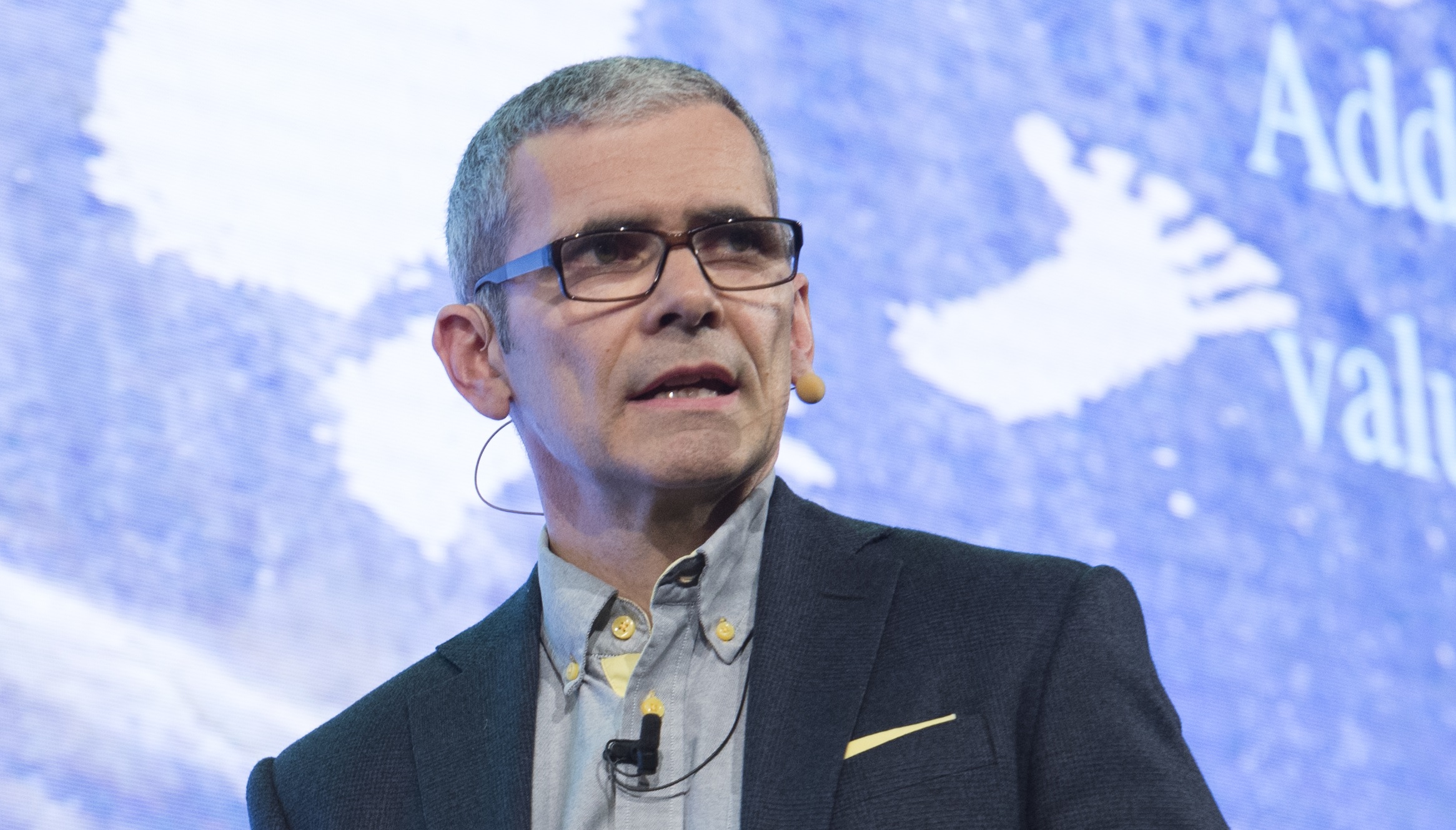Related Articles
Event Insights: Talent Management in an Increasingly Unpredictable World
The IMI People Strategy Network kicked off a series of in-person events, due to take place throughout 2023. The series represents the return to in-person events, after a pivot to virtual during the pandemic.
This year’s first speaker was Ade McCormack, a former technologist, with a background in astrophysics and software engineering, who today advises leaders on transformational matters.
Ade started off by talking about disruption. It’s a buzzword that has certainly gained a lot of traction in recent years, but what does the word “disruption” actually mean? Firstly, it’s all about challenging the status quo.
Covid definitely shook things up, sometimes in a positive way. But while the majority of leaders most likely think they’ve responded well, that’s not the case at all. As soon as we got back to a relatively steady state, we could see leaders and organisations slip back into their old habits. This has even been evident in organisations that we look to as cutting edge, for example those which have begun to force staff back into the office. But the truth is that there is no “new normal”. From here on out, our lives will be characterised by large amounts of disruption.
In fact, humans are not particularly wired for this modern world. We’re wired to live in tribes, and in situations that cause short bursts of anxiety (like a life or death situation), not chronic anxiety like we tend to experience in the working world.
Ade moved on to talking a bit about how organisations haven’t really progressed from the factory model that worked well during the industrial revolution. The factory model is about rigid processes – something goes in at one end and comes out at another, after being processed in some way. Efficiency is very important here, but efficiency stifles innovation!
Humans are used as tech placeholders in the factory model – people are cogs in the machine, needed to perform a specific task. When it comes to technology, today is the fastest day we’ve ever experienced, and the slowest day we will ever experience. So, in a world full of disruption, it’s not enough to simply sprinkle your organisation with “tech pixie dust” and hope that technology will save you. The new definition of talent is doing something a robot or algorithm can’t, which is of value to the market. Our ability to be creative, bring diverse things together, and pick up on weak signals in small data sets is what set humans apart.
The industrial era was about creating synthetic certainty. While this may have been good for the factories and the government, but it wasn’t necessarily good for the citizens. Thanks to disruption, the world has shifted from the state of synthetic certainty to a new state of hyper uncertainty. Whereas in synthetic certainty, past successes were indicative of future successes, this is no longer the case.
How has industrial era shaped our lives, and how might that change with further disruption? The most obvious answer to this is that the Monday to Friday, 9am – 5pm model might erode fully. Already, younger generations are working more flexible hours, which don’t adhere to this. The next is the commute to work, and the need to be in a big city to get the job you want. Remote working can facilitate employees from a much wider geographic range, and cut out the commute all together.
The factory model is dystopian, and no longer effective. But Covid has shaken us up from our slumber, and we can now think about exactly what the role of humans in an organisation should be. Our strength lies in the fact that we have creativity and the ability to perform tasks that AI and other technology just can’t do.
In summary, we need to get to a model where leadership is contextual. Think of a football match – the captains don’t run next to each player, telling them what to do next. In the moment, the player closest to the ball acts as the captain. As we enter this new, post-strategic planning world, getting through each day is the primary job.
—
IMI Corporate members can enjoy access to webinars, in-person events and other benefits. You can find out more about Corporate Membership here.
—




